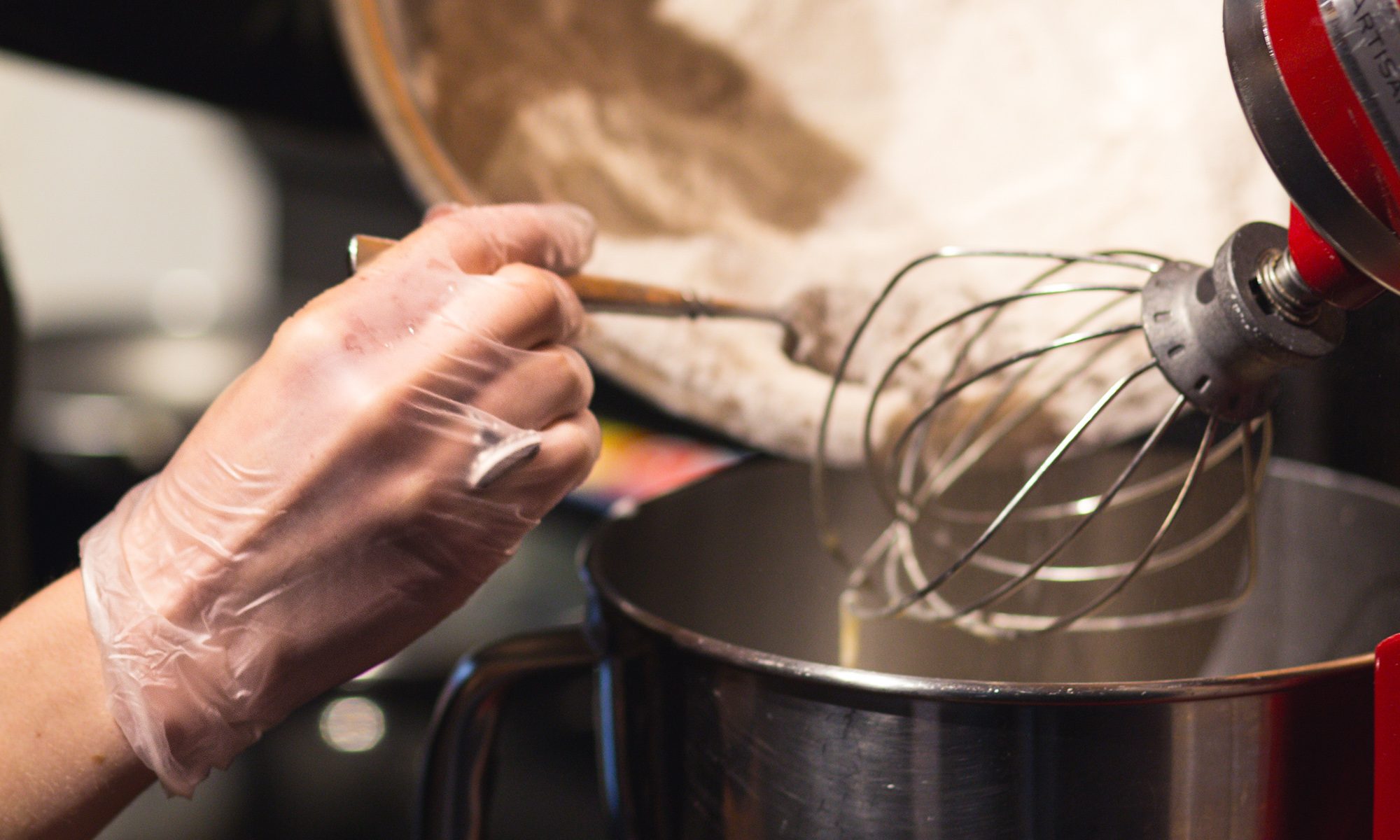With disposable glove demand and supply still tremendously out of balance, one way to meet customers’ needs is with vinyl gloves.
Since the coronavirus pandemic began its worldwide spread in early 2020, the shortage of both nitrile butadiene rubber and natural rubber latex has plagued the disposable glove industry.
Distributors who want to obtain nitrile gloves for their customers are likely to hear—for the foreseeable future, anyway—“Sorry, but that is not possible at this time.” Short supply plus high demand equals “not enough to go around.”
That is not happy news for the millions of glove users who favor nitrile above all others. It is a strong, durable material with terrific fit, feel, elasticity, and tactile sensitivity.
Vinyl is where it’s at
AMMEX, however, has a possible solution to this quandary: a consistent supply of vinyl gloves, in a variety of styles and colors to suit a wide array of applications.
While that may not elicit a rousing cheer from diehard nitrile fans, vinyl gloves have come a long way from their humble beginnings as a cheap alternative to latex. They have improved barrier protection, fit, feel, and comfort. AMMEX offers 12 standard or synthetic vinyl gloves in industrial and exam grades.
What are the differences between standard and synthetic vinyl?
Standard vinyl gloves are made from polyvinyl chloride (PVC). Known for its use in plumbing fixtures, pipes, and hundreds of consumer products, it is rigid in basic form but becomes soft and pliable when mixed with plasticizers. It has been used to make gloves for both industrial and medical applications since the 1990s and is both versatile and a good value.
Synthetics, which also are called hybrids, start with PVC, but they incorporate an elastomer or form of synthetic rubber. Nitrile would be an example of that, but not all synthetics use nitrile. Basically, it gives the gloves better stretch, a more defined shape, and a fit much closer to nitrile or latex gloves. It also boosts their barrier protection a bit.
Know what you’re buying
Before you sell the farm to load up on vinyl gloves, however, there are a few caveats.
We do not recommend vinyl gloves for handling harsh chemicals or performing heavy-duty jobs like auto repair. They will never deliver the degree of barrier protection that you will get from nitrile or latex.
Yet there are many applications suited for vinyl. Anything involving food is a natural fit, from sandwich shops to front-of-the-house restaurant staff to commercial food processing. In fact, with latex falling out of favor—and in some states, being outright banned—for use in food environments, vinyl will have even wider appeal for food-oriented uses.
Janitorial and sanitation also go hand-in-hand with vinyl gloves. Vinyl provides the right amount of barrier protection for working with cleaning products. Sanitizing our environments is more important than ever during the current global pandemic, and best practices call for frequent glove changes.
Then there are medical needs. For non-sterile examination duties like vaccinations—certainly of prime interest with COVID-19 vaccines being rolled out—checkups and basic office procedures, or drawing blood, vinyl gloves will get the job done. Why bother with latex, and the allergy issues it creates, when synthetic stretch vinyl delivers great fit and comfort at a lower price point?
Never overestimate hand protection
Vinyl gloves are not a direct replacement for nitrile, especially for heavy-duty use. It is unlikely that die-hard nitrile users will embrace a 3-mil vinyl glove after years of using 6- or 8-mil nitrile.
But in these times of short supply and high prices for nitrile or latex, vinyl gloves are simply too good of a product to dismiss outright. The first half of 2021 is a perfect incubator for determining whether your customers will try vinyl.
Our advice? Talk with them. If there is a chance they might give vinyl fair consideration, sell them on trying a case. If that fails, fine—we’re well aware of the level of devotion that nitrile attracts. Customers do need to understand, however, the gravity of the current disposable glove supply and how difficult and expensive it will be moving forward.
As always, we are here to support you.





